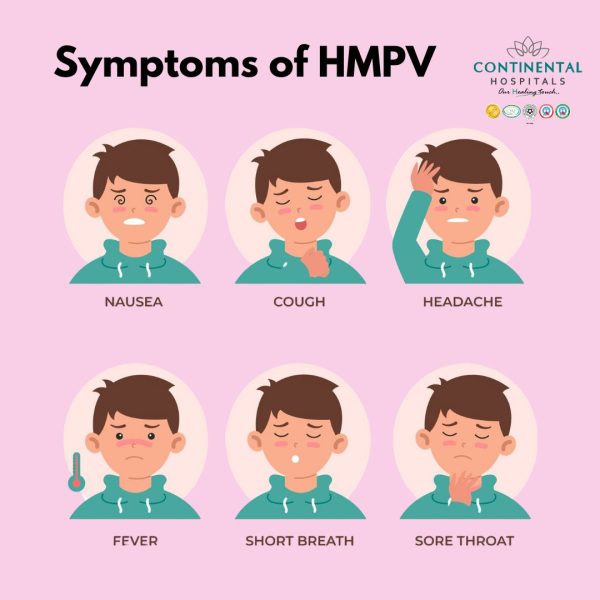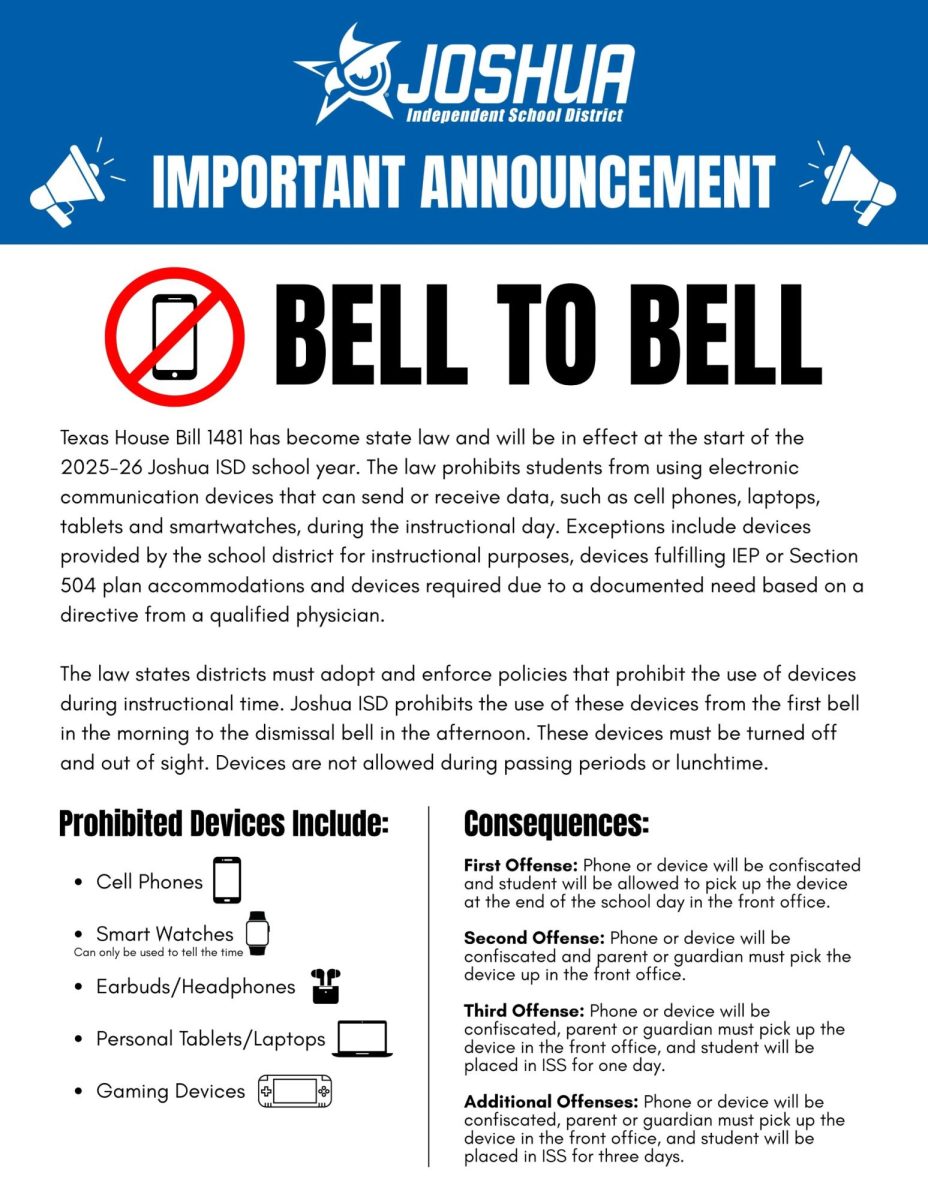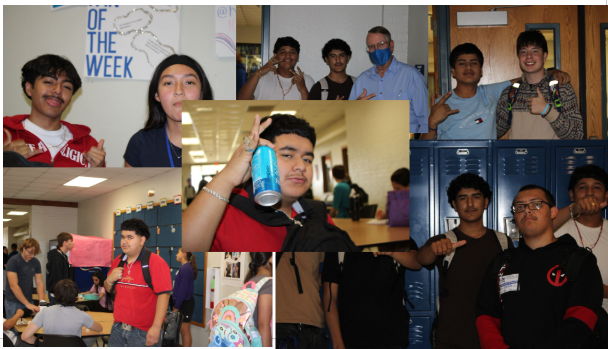Covid. Everyone remembers the infamous virus known as the cause of the pandemic lockdown in 2020. Recently a similar virus has surged into the spotlight and is spreading quickly in China, prompting concerns for a repeat of 2020. This is known as the human metapneumovirus or the ‘HMPV’ virus.
What is it?
 The human metapneumovirus is a virus that can affect both the upper and lower parts of the respiratory system. Symptoms consist of coughing, fever, nasal congestion, and shortness of breath. HMPV is contagious and can be spread through close personal contact, coughing and sneezing, and touching unsanitized surfaces housing the virus. Children, elders, and individuals with respiratory issues are particularly at risk of catching the virus. Similar to COVID, the human metapneumovirus is a respiratory infection, which in turn adversely affects the lungs and could lead to a much more serious ailment such as bronchitis or pneumonia.
The human metapneumovirus is a virus that can affect both the upper and lower parts of the respiratory system. Symptoms consist of coughing, fever, nasal congestion, and shortness of breath. HMPV is contagious and can be spread through close personal contact, coughing and sneezing, and touching unsanitized surfaces housing the virus. Children, elders, and individuals with respiratory issues are particularly at risk of catching the virus. Similar to COVID, the human metapneumovirus is a respiratory infection, which in turn adversely affects the lungs and could lead to a much more serious ailment such as bronchitis or pneumonia.
Is this a concern for a new pandemic?
HMPV is not a new virus; it was first discovered in 2001. Due to the lack of knowledge and misleading news titles, many individuals are apprehensive about the outbreak. Although cases of the human metapneumovirus have been surging in China, it is not a cause for concern. Many believe that the spike is due to the winter weather, as viruses survive better in colder environments. Currently, there is no vaccine to aid those who are infected by the virus, but due to the extensive circulation of the virus, people have somewhat of an immunity to it. Most healthy individuals will recover from the virus in 1-2 weeks, but sickness length can vary depending on the severity of the infection. Rest, vitamins, fever relievers, and hydration usually help get individuals back to their best-functioning selves.

How can I stay protected?
To prevent the spread of this infection, doctors recommend washing your hands frequently throughout the day for at least twenty seconds, and avoiding touching eyes, mouth, and the nose with unwashed hands. Some experts recommend masks to prevent virus transfer through coughs and sneezes, similar to the procedures for COVID-19. Another option is to steer clear of individuals who have the infection or have had it in the last 5-7 days. If contact is unavoidable, try to refrain from sharing cups and utensils with others, and disinfect surfaces that could possibly be contaminated. Following these precautions can help reduce the risk of contracting and spreading the virus.
Overall, the human metapneumovirus is just a scary name, and society doesn’t have to worry about the virus becoming unmanageable. Research is ongoing to develop vaccines and antiviral treatments to better control and prevent the spread of HMPV. As long as people continue to eat right, stay healthy, and follow proper hygiene, the virus will not start another pandemic.
Sources
https://www.cbsnews.com/news/hmpv-virus-china-symptoms-human-metapneumovirus/



























Mac • Jan 29, 2025 at 11:38 AM
Great article, good work and very informative!